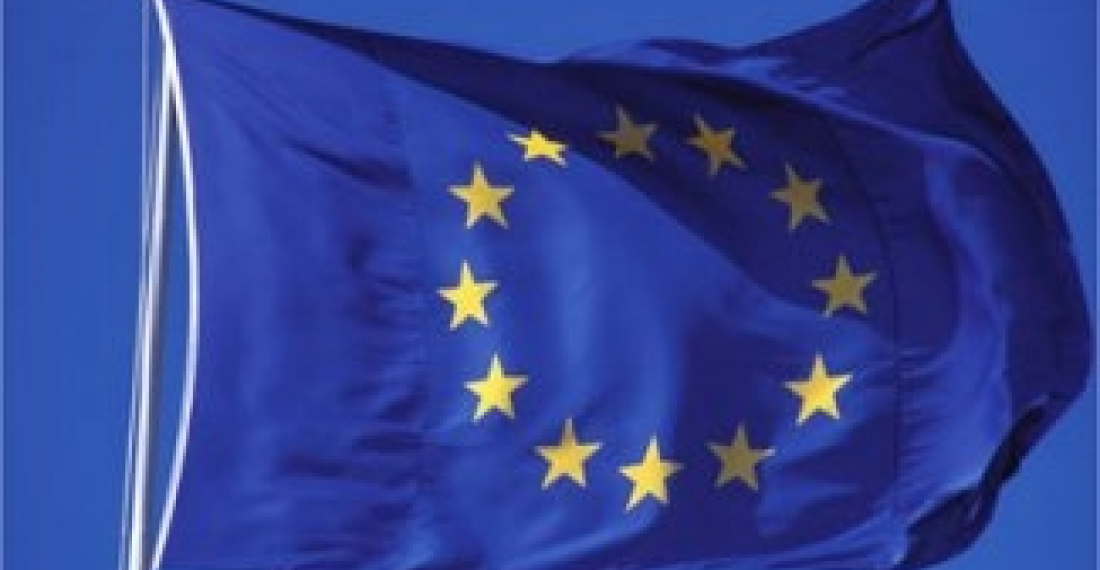БАКУ, 1 мар - 1NEWS.AZ
Евроомиссар по европейской политике добрососедства Штефан Фюле ожидает продвижения в переговорах по ассоциативному соглашению с Азербайджаном на предстоящем осенью саммите «Восточного партнерства» в Литве.
«В ноябре в Вильнюсе мы надеемся подписать соглашение об ассоциации с Украиной, а также завершить переговоры с Грузией, Молдовой и Арменией и сделать шаг вперед в наших переговорах с Азербайджаном», - цитирует пресс-служба ЕС слова Фюле на встрече в Брюсселе.
Встреча на высоком уровне по обсуждению перспектив программы «Восточное партнерство» проходила накануне. В ней принимали участие представители Евросоюза и крупных международных и европейских финансовых институтов. Участники обсудили взаимодействие ЕС со странами «Восточного партнерства» в преддверии саммита в Вильнюсе, затронув такие важные сферы, как энергетика, транспорт, а также вопросы управления и бизнес-среды. А фокусе обсуждений были реформы в Украине.
Соглашение об ассоциации, так же как переговоры о визовом режиме и реадмиссии, являются частью инициатив программы ЕС «Восточное партнерство». Ассоциативное соглашение предусматривает экономические преференции для Азербайджана как страны-партнера ЕС.
Переговоры ведутся по четырем основным направлениям: политика, экономика, права человека и демократия, а также торговля. Еще в мае прошлого года глава делегации ЕС в Баку Ролан Кобиа сообщал, что согласована большая часть пунктов переговоров. В частности, стороны сумели договориться по сфере образования и молодежной политики, культуры, транспорта, защиты потребителей, туризму, управлению мореходством и рыбной отраслью, науке и технологиям, экономическому диалогу, налогам и статистике, управлению государственными финансами и экологии.
Задержка в переговорном процессе связана с тем, что Азербайджан не является членом ВТО. Это одно из основных требований для дальнейшего прогресса торгово-экономического сотрудничества с ЕС, включая создание всеобъемлющей зоны свободной торговли.
Елена Остапенко, И.П.
1News.az: ЕС ожидает продвижения по ассоциативному соглашению с Азербайджаном на саммите «Восточного партнерства»
1News.az: ЕС ожидает продвижения по ассоциативному соглашению с Азербайджаном на саммите «Восточного партнерства»







